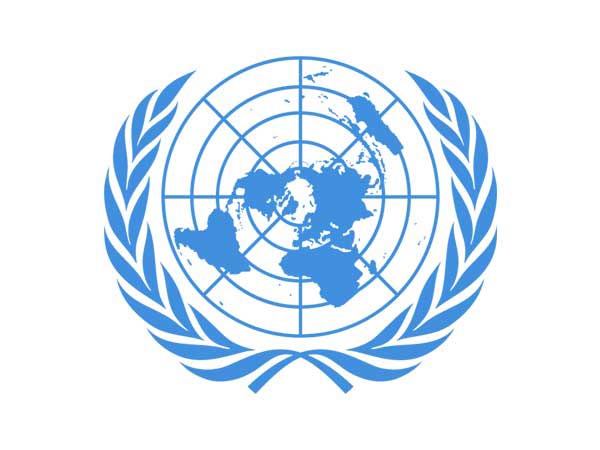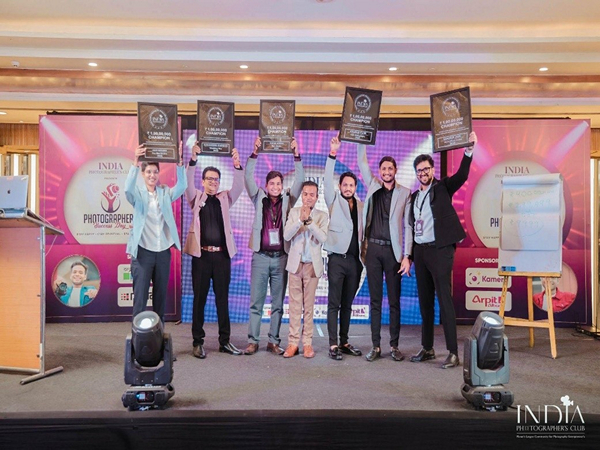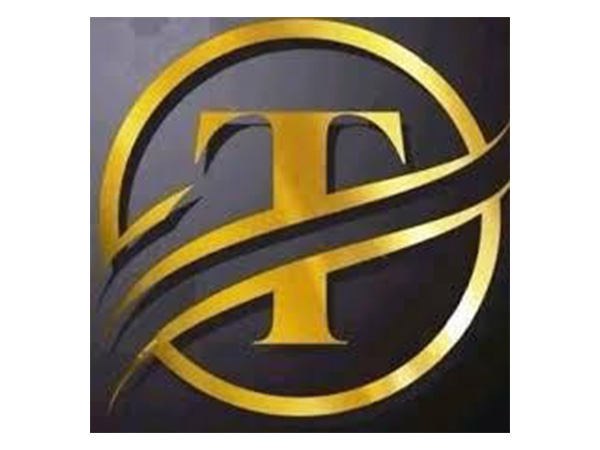UN Security Council demands COVID-19 vaccine ceasefires
Feb 27, 2021
United Nations, February 27: The UN Security Council on Friday unanimously passed a resolution calling on all member states to support a "sustained humanitarian pause" to local conflicts, in order to allow for COVID-19 vaccinations.
Resolution 2656, adopted unanimously by the 15-member council, will enable the vaccines, which COVAX began distributing on Feb. 24, to reach those living in conflict areas.
The resolution calls on all UN member states to fund the COVAX initiative in order to help developing countries access coronavirus vaccines; to cooperate on overcoming logistical barriers to equitable access, including the inclusion of vulnerable groups such as refugees in national vaccination programs; and to support local ceasefires so coronavirus vaccinations can actually take place in conflict zones.
Ceasefires have been used to vaccinate vulnerable communities in the past. In 2001, a two-day pause in fighting in Afghanistan gave 35,000 health workers and volunteers the opportunity to vaccinate 5.7 million children under five against polio.
The first deliveries of COVAX vaccines took place on Feb. 24, with 600,000 does of the AstraZeneca vaccine arriving in Ghana.
Briefing journalists afterwards, World Health Organization chief Tedros Adhanom Ghebreyesus argued that more could be done.
While welcoming the historic resolution and upholding the importance of vaccine equity, he said that "concrete steps should be taken" to waive intellectual property rights to increase vaccine production "and get rid of this virus as soon as possible."
"The virus has taken the whole world hostage," Tedros said. "The UN Security Council can do it, if there is political will."
Source: Xinhua








